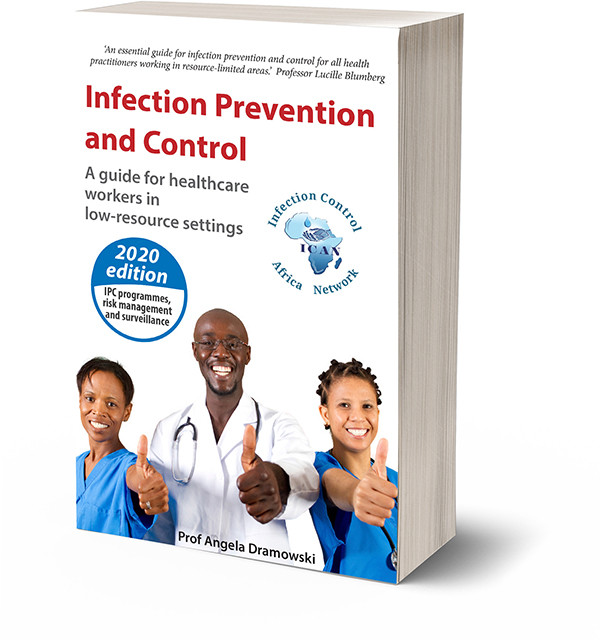Quiz 4: Care and support during the neonatal period
Please choose the one, most correct answer to each question or statement.
- Neonatal palliative care is:
- The same as older children’s or adult palliative care
- Only end-of-life care for newborn babies who are dying
- Care that is provided to those babies who survive delivery and require palliative care in the neonatal period
- Only provided in hospitals that have neonatal units
- Which babies may need neonatal palliative care?
- Babies who have been diagnosed antenatally or at delivery with a life-limiting condition
- Only newborn babies diagnosed antenatally with life-limiting conditions
- Only babies diagnosed after delivery with life-threatening conditions
- Only babies born extremely preterm
- What type of care needs to be provided if a decision is made to focus on palliative care only?
- Care measures that include aggressive treatment and interventions
- Care that can only be provided in a neonatal intensive care unit with palliative care beds
- Care that includes routine observations and procedures such as heel pricks and injections
- Comfort care measures such as pain and symptom management and care that meets the basic needs of the baby
- Setting goals of care are to ensure:
- The comfort of the baby and to minimise distress for both the baby and the family
- That the doctors’ orders are followed and no extended family be allowed to visit
- That the nurses know what routine procedures must be performed
- That all decisions made are in the best interest of the parents
- The core of palliative care planning is to help and support parents:
- Decide when they should sedate and stop feeding their baby
- Identify and establish goals of care and, at the same time, help them work through any fears they may have
- Prolong the withdrawal of artificial ventilation
- Make decisions based only on what the healthcare team have decided is best for their baby
- How should babies receiving palliative care be fed?
- They should not be fed as this only prolongs life and suffering
- They should only receive intravenous fluid to prevent dehydration
- They can be fed by nasogastric tube but not by mouth
- They can be offered oral feeds such as breast or cup feeding if these are tolerated
- Providing physical comfort care includes:
- Incubator care, bathing and aggressive suctioning when necessary
- Allowing a pastor to bless the baby
- Care in the nursery only
- Bonding, positioning, temperature maintenance, skin care, mouth care and skin-to-skin contact
- All procedures, investigations and monitoring must be done:
- Daily
- Only if they are in the baby’s best interests and are likely to improve the quality of the baby’s life
- When the doctors order them
- If the baby is in the Neonatal Intensive Care Unit (NICU)
- Which pain assessment scales are appropriate to use when assessing a baby’s pain?
- Wong-Baker Faces
- Numerical Sliding Scale
- Neonatal Infant Pain Scale (NIPS) or Premature Infant Pain Profile (PIPP)
- QUESSTT assessment tool
- To manage a baby’s pain and discomfort you need to use which of the following?
- Both non-pharmacological and pharmacological measures
- Only non-nutritive sucking
- Only pain medicines such as paracetamol
- Distraction techniques
- Breastfeeding and kangaroo care are:
- Pharmacological treatments for pain
- The parents’ responsibilities
- What the parents should not do if their baby is likely to die
- Non-pharmacological measures to manage pain
- Which medicine is used to treat a baby’s pain that is mild to moderate?
- Paracetamol
- Anti-inflammatories
- Morphine
- Opioids
- Morphine is used to treat:
- Mild pain
- Moderate pain
- Severe pain
- All pain
- What additional supportive care must be provided to the mother?
- Routine post-natal obstetric care only
- Emotional support with lactation and breast care advice
- A healthy diet
- A visit from the psychiatrist to assess her mental wellbeing
- Ways to support the family include:
- Allowing them time to spend with the baby and encouraging memory-making opportunities
- Advising them not to visit
- Suggesting they immediately go for counselling
- Prescribing sedatives to help them sleep
- Which of the following symptoms is the baby likely to experience at the end of life?
- A dying baby will have no symptoms
- Nausea, vomiting and diarrhoea
- Pain, difficulty in breathing, agitation and restlessness, excessive secretions
- Constipation
- Who needs to make the decision to withdraw or withhold life-sustaining treatment?
- A team of experienced healthcare providers in agreement with the parents
- The doctors and nurses only
- The parents only
- The hospital’s ethical committee
- After the baby has died the staff should:
- Avoid speaking to the parents about their baby
- Force the parents to hold baby
- Allow the parents to spend time making memories and saying goodbye, for example, they may wish to keep a memento of their baby such as the name band
- Take the baby’s body away
- What should you say to the parents after their baby has died?
- ‘Time will heal the sadness.’
- ‘I am so sorry’ or ‘I wish things had turned out differently’
- ‘It is for the best.’
- ‘You can have another baby.’
- How can you assist the parents once the baby has died?
- Encourage the family not to express their emotions
- Ask them not to discuss the death in front of their other children
- Discuss aspects that they will need to make decisions about such as a post-mortem, funeral arrangements and ongoing support
- Encourage the family to be strong and move on quickly with the grieving process

